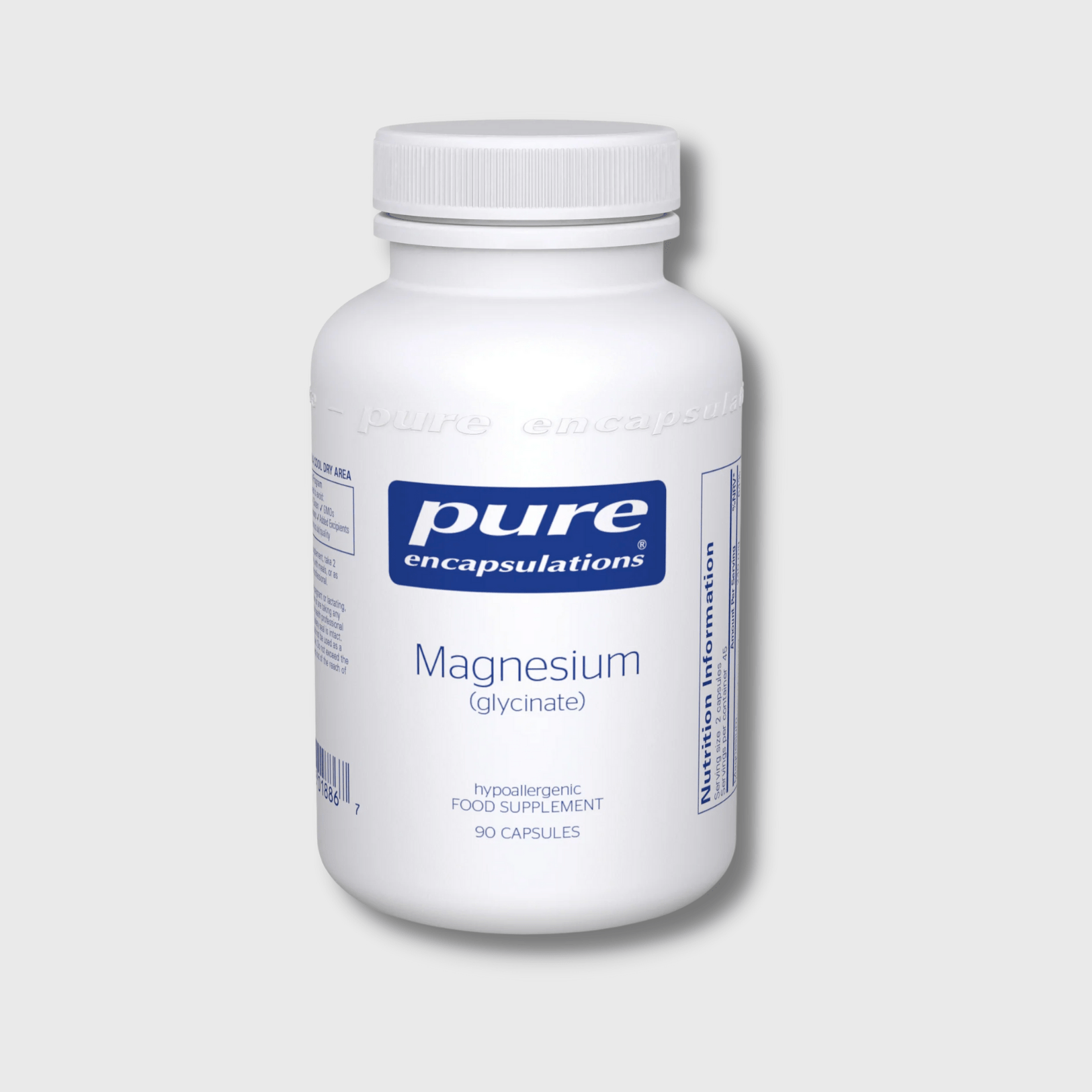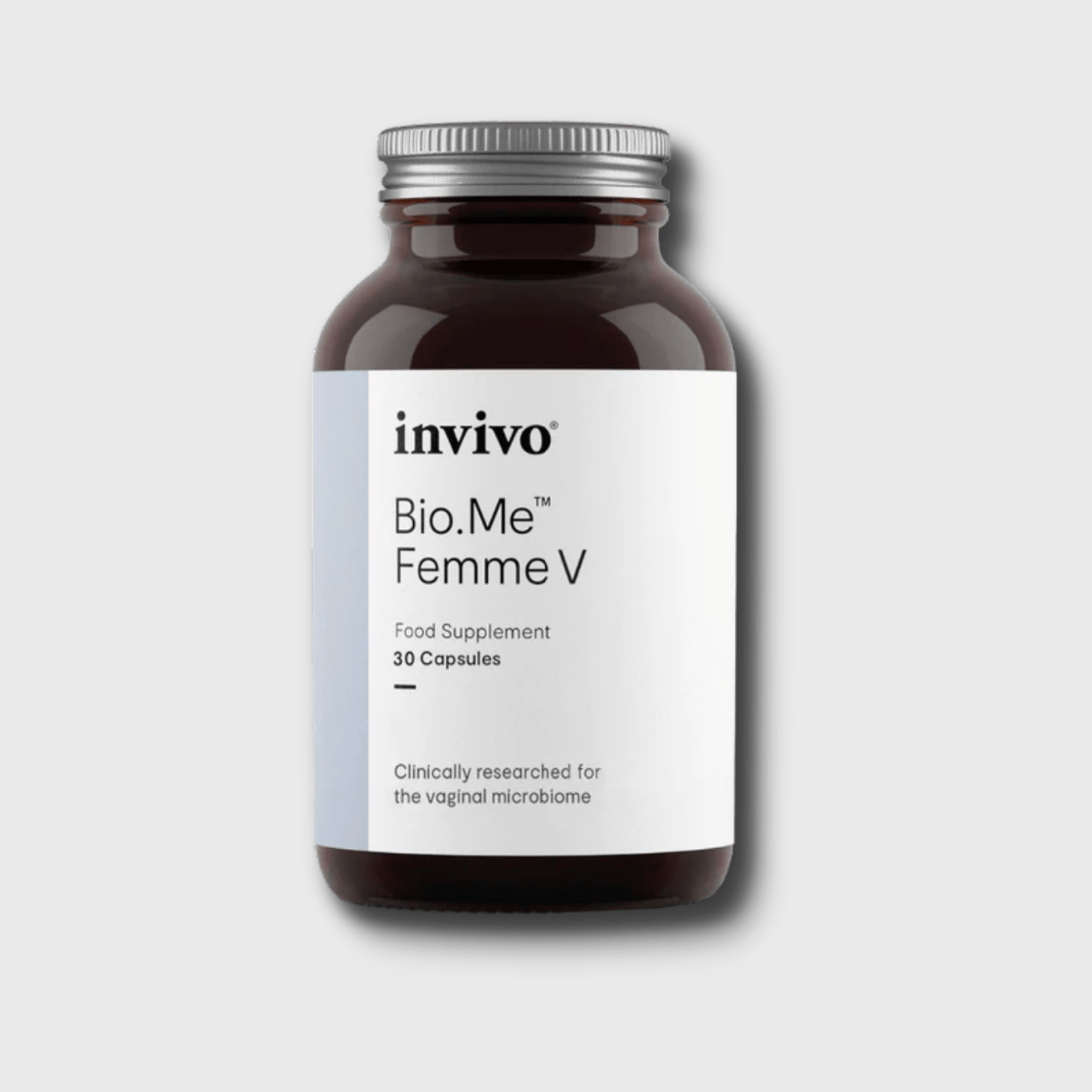
Protein Power – Why Your Body Can’t Thrive Without It (Protein Series Part 1)
Protein Power: Unmasking the Truth Behind Protein Labels and Their Impact on Your Health
5 Part Series by Sarah Flower
Protein is often touted as the magic bullet in our diets—especially for those on a weight loss journey or striving for a healthier lifestyle. But what exactly is protein, how does it work in the body, and why might we be misled by food labels in our supermarket aisles? In this 5-part series, we’re diving into the fascinating world of protein. We’ll explore its essential roles in our body, demystify the concept of " complete protein, “ and uncover why not all proteins are created equal. Along the way, we’ll offer practical tips on how to truly up your protein game, support muscle building, and even rev up your metabolism for better weight loss results. We will also share some of our amazing high-protein recipes and top tips with you, so watch out for the coming features.
So, let’s start by looking at the role of protein and why it is such a powerhouse.
Protein Power – Why Your Body Can’t Thrive Without It
(Part 1 of the Protein Series)
In the ever-changing world of nutrition advice, there’s one constant that never seems to fade from the spotlight: protein. Whether you’re looking to lose weight, build strength, balance hormones, or stay healthy, protein always gets a mention. But beyond the buzzwords and gym-bro slogans, what exactly is protein, why does it matter, and here’s the big one: are you actually getting enough? Welcome to Part 1 of our Protein Power series. In this first feature, we’re diving into the real reasons protein is such a nutritional powerhouse—and why your body can’t afford to skimp on it.
Protein: The Body’s Brickwork
Think of your body like a house. The structure, your muscles, bones, skin, and organs, is built and maintained with bricks. Those bricks? They’re amino acids, the building blocks of protein.
There are 20 different amino acids, and your body uses them in over 50,000 different ways. Out of these, nine are ‘essential’ amino acids; essential is a title that means your body can’t make them on its own. You’ve got to get them from your diet.
Complete proteins (like those found in meat, eggs, dairy and some plant sources like quinoa and soy) contain all nine essential amino acids in the right balance. Incomplete proteins (like most grains, beans, nuts and seeds) don’t. But more on that in Part 2…
The Powerhouse Roles of Protein in the Body
Let’s go beyond the gym and the scales for a second. Protein isn’t just about muscles or meal replacements. Protein is a macronutrient that plays a central role in almost every function within your body. It’s crucial for repairing tissues, forming enzymes, and building hormones that regulate bodily processes. It’s literally our building block for life, and we would be in real trouble if we couldn’t get this. This is why protein (along with fat) is known as essential protein. Carbohydrates don’t have the title ‘essential’ as our body can make glucose/energy from fat and protein. Here’s why it’s non-negotiable:
Tissue Repair and Muscle Maintenance
Every time you move, exercise, or even live, your body breaks down tissues and cells. Protein steps in to repair the damage and build new cells, especially muscle. This is crucial not just for athletes but for anyone trying to maintain muscle mass, particularly during weight loss or as we age.
Why does this matter for weight loss? Muscle tissue is metabolically active, meaning muscle burns more calories at rest than fat. It keeps your metabolism humming. The more lean muscle you have, the more energy, the higher your resting metabolic rate, and your body burns fat doing nothing – and who doesn’t like that idea?
Enzymes and Hormones
Protein forms the foundation of thousands of enzymes, which are catalysts for countless biochemical reactions. Those little catalysts make every single chemical reaction in your body possible, from digestion to detoxification to hormone production.
Moreover, proteins are key in the formation of hormones such as insulin, which regulates blood sugar, and leptin, which helps manage hunger signals. When your hormonal balance is off, your metabolism may slow down, making it harder to lose weight. Thus, a protein-rich diet can help maintain the intricate balance of your internal biochemistry. So, think of protein as a way to help regulate your appetite, blood sugar, and fat storage - all pretty important if you’re on a health or weight loss journey.
Immune Function
Antibodies, the proteins that are central to your immune response, help your body fend off infections and illnesses. A diet insufficient in protein can compromise your immune system, leaving you more vulnerable to colds and infections. Ensuring you have enough high-quality protein in your diet helps fortify your body’s defence mechanisms, which is particularly important during times of stress or when you’re physically active. So, remember, when reaching for the comforting doughnut, ask yourself if you are getting enough protein. This ensures your body can fight off infections, recover faster, and generally keep you well.
Fluid and pH Balance
Proteins like albumin help maintain the delicate fluid balance between your cells and blood vessels. Others act as pH buffers to keep your blood from becoming too acidic or alkaline. It’s all about homeostasis, and protein is key.
Transport & Storage
From oxygen (thanks to haemoglobin) to iron (via ferritin), protein helps transport and store vital nutrients. It’s like the body’s internal courier system, keeping everything flowing to the right place at the right time.
Protein and Metabolism: The Weight Loss Link
Protein is the only macronutrient with a thermogenic edge. That means your body burns more calories digesting it than it does with fats or carbs. Around 20–30% of protein’s calories are burned off just in the act of digestion, compared to 5–10% for carbs and 0–3% for fat. This increase in energy expenditure can lead to a higher overall metabolic rate. In essence, a protein-rich diet forces your body to work harder just to process your meals, contributing to greater calorie burn throughout the day.
More protein = more calories burned just by eating. That’s a pretty compelling case for upping your intake, especially if you’re trying to lose weight.
Appetite Control and Satiety
Protein is also a champion when it comes to keeping hunger at bay. A diet high in protein can help you feel fuller for longer periods, reducing the urge to snack or overeat. Protein helps regulate the hunger hormone ghrelin and increases satiety hormones like peptide YY. This means you will feel fuller and more satisfied after eating, which means fewer cravings, fewer snacks, and better portion control. Are you convinced yet?
Protein and Strength
During weight loss, especially in calorie-restricted diets or weight loss jabs, there is a higher risk of losing up to 15-20% of muscle along with the fat. Protein intake is critical in preserving lean muscle mass. By providing the essential amino acids required for muscle repair and growth, protein helps ensure that most of the weight you lose comes from fat stores rather than muscle tissue. This is vital not only for a toned appearance but also for maintaining metabolic efficiency.
We all want to look nice and toned, but muscle is more than just vanity. Muscle naturally declines as we age, and this is a major factor in reduced mobility, slower metabolism and increased risk of injury. This muscle loss, known as sarcopenia, starts as early as your 30s and accelerates after 50.
The solution? Resistance exercise and a consistent intake of protein. Even short bursts of daily activity (squats while the kettle boils, anyone?) combined with a protein-rich diet can help maintain strength and independence into your later years.
Protein’s Role in Hormones, Mood and Mind
Protein affects more than just your body; it influences your brain, too. Many neurotransmitters, including serotonin, dopamine and norepinephrine (which affect mood, motivation and focus), are made from amino acids. If you’re low on protein, these processes can stall. Feeling foggy, anxious or low in mood? It could be time to check your protein intake.
Are You Eating Enough?
Here’s the kicker. Most people aren’t eating as much protein as they think. You might think your chicken curry dinner with rice is packed with protein, but if the portion of chicken is small or heavily diluted with sauce and starches, you may only be getting 15g or less.
A general guide:
Minimum for weight loss or metabolic health:
1.2g of protein per kg of body weight per day as a minimum.
For active individuals or strength training, this raises to 1.6–2.0g/kg body weight/day
Split across 3 meals and 1–2 snacks, this is very achievable, especially for those who eat animal products, but it needs planning. It is much more challenging if you rely mainly on plant-based sources, which often come with added higher carbohydrates and lower digestibility (we’ll go deeper into that in Part 2).
Let’s Talk Numbers: Protein Per 100g (Sneak Peek!)
Here’s a teaser from the upcoming comparison table in Part 2:
|
Food (100g) |
Protein (g) |
Net Carbs (g) |
|
Chicken breast (cooked) |
27–30g |
0g |
|
Eggs (about 2 whole eggs) |
13g |
1g |
|
Tofu (firm) |
12g |
1.9g |
|
Cooked quinoa |
4g |
21g |
|
Lentils (cooked) |
9g |
12g |
|
Greek yoghurt (low fat) |
10g |
3–4g |
Easy Ways to Boost Your Protein
Include protein at every meal and snack, especially breakfast.
Spread it out; don’t save it all for dinner. It’s better to have more protein for breakfast and lunch and less at dinner, especially if you eat late.
Add egg whites or protein powder to porridge or smoothies.
Batch cook high-protein meals like chilli, Bolognese or frittatas.
Snack on boiled eggs, nuts, cottage cheese or yoghurt instead of carb-heavy choices.
Final Thoughts: Protein is More Than Just a Trend
Protein isn’t just for bodybuilders. It’s the unsung hero of everyday health—from your brain to your bones, hormones to hair. It fuels your metabolism, keeps you feeling full, helps your body recover and supports a stronger, healthier future.
In Part 2, we’ll lift the lid on supermarket marketing, challenge the “high protein” label, and show you why a so-called protein bar might not be doing what you think it is.
Until then, review your meals today. Where is your protein coming from, and could your body use a little more?
Share






